“When I ask ‘What’s Next?’ it means I’m ready to move on to other things. So, what’s next?” — Jed Barlet, THE WEST WING
Yeah, I will seek out almost any excuse to quote from The West Wing, it being my favorite television series of all time. But as it happens, this is a question that’s been on my mind for a while now. In the show, “What’s next?” was more than a change of topic or a jump to the next agenda item. It was also used to turn the page after a setback, to refocus the staff after a triumph, even to look for a new beginning after tragedy.
As is the case with so much that happens in the course of the show’s seven seasons, the quote has long had great significance for me, and this is especially true now.
I know better than to think I can “turn the page” or “move on” from the past year. And even if I could, I’m not certain I would. But I am ready to restart my life, to venture back out into the professional and personal world, to find a new routine that makes room for all the emotional complexity of the new reality my family and I face.
In some ways, I have already started this process. I finished a book a few weeks ago, one I started back in January. It was sort of a work-for-hire, tie-in book, but it was fun to write. The plotting and character work proved absorbing, and because I started it later than I intended, the deadline kept me focused, motivated, and, yes, just a little manic. If it seems like I am avoiding telling you anything specific about the book itself, that’s because I am. Sorry. For now, I can’t really talk about it. When I can, you will all be among the first to know.
I have also written a novella for a new shared-world anthology that will be released this summer by Zombies Need Brains. And, as some of you have seen, I am again accepting clients for my freelance editing business. At the end of this month, I will attend ConCarolinas, my first convention since DragonCon last September. Baby steps. But steps forward, which is the point.
Today, I can also share some news about What’s Next that I think will please a good many of you.
First a little background.
Many of you will have seen my blog post about the trip Nancy and I recently took to Italy. If you haven’t, you should check it out. For the photos, if nothing else. While we were in Venice, I fell in love with the city’s narrow lanes, ancient bridges, and gorgeous architecture. It is, visually speaking, the loveliest city I’ve ever seen. And there are no cars — all travel within the city is by boat, by foot, or by bicycle. Walking the streets was like a journey back in time.

We took tours of the Doge’s Palace and Saint Mark’s Basilica (both were spectacular), and one of our tour guides mentioned that while Venice is a very safe city today, once upon a time it was anything but. And as proof of this, she said, we should pay attention to some of the street names. “Street of the Dead,” “Lane of the Murderers,” “Street of the Head” (that’s not a typo), and more.
And, of course, this set my writer brain in motion. One thing led to another, and I can tell you now that I am beginning work on a new Thieftaker universe series set in 18th century Venice. I don’t know yet if it will be a spin-off or will feature Ethan throughout. I don’t even know how I am going to get Ethan to Venice, though I have some ideas about that. But I have already commenced my research for the books and I am totally jazzed. One publisher has already expressed interest in seeing a series proposal, so that’s good as well.
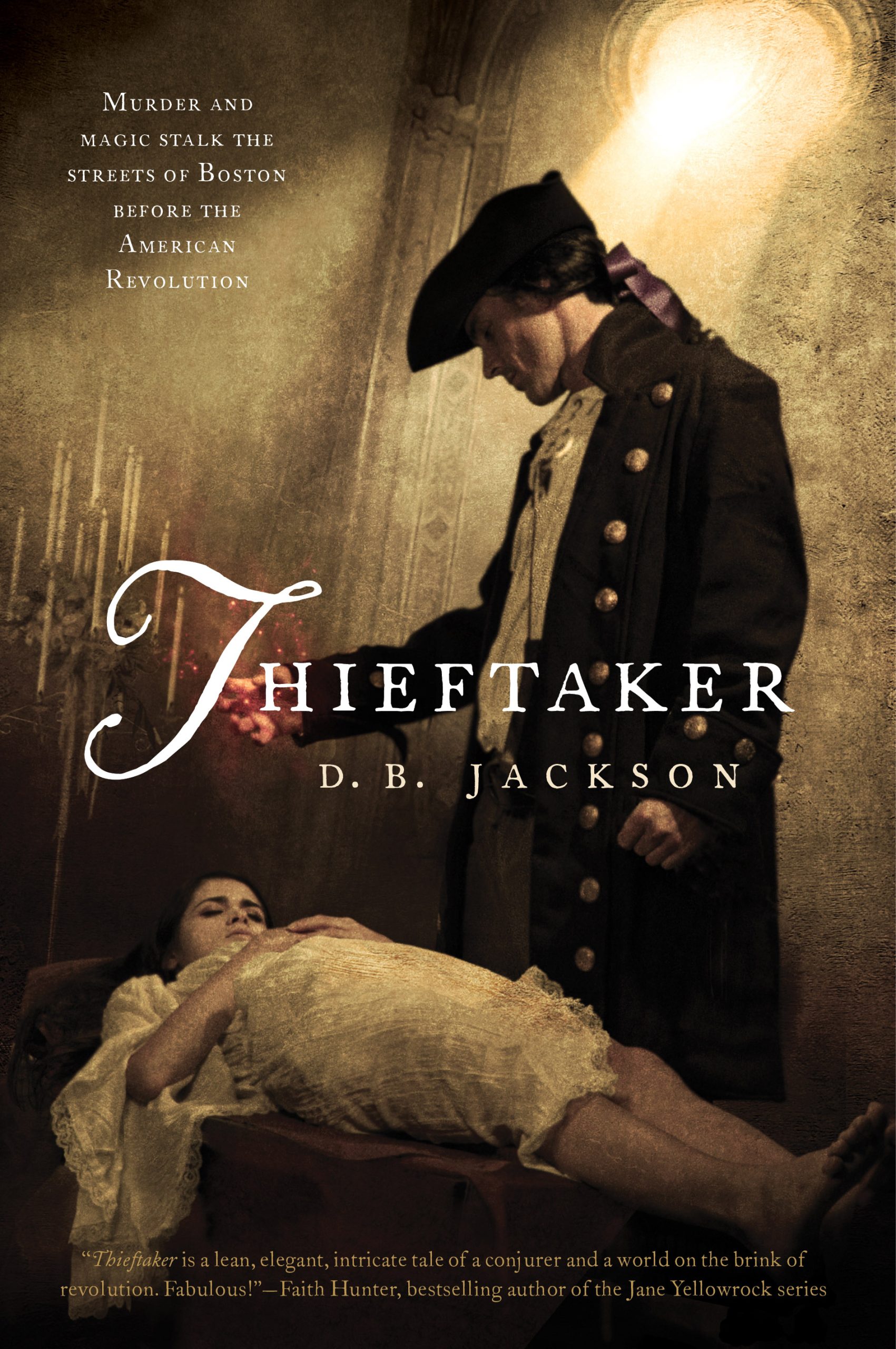 What about the rest of my life? What’s next in other realms?
What about the rest of my life? What’s next in other realms?
Well, we’re about to start doing some work on the house — I won’t say it’s overdue, but it comes at a good time. We have more travel planned for later in the year and several weddings to attend this summer and fall. We’ll see Erin. We’ll see other family and many friends. I’ll be at DragonCon late this summer. And we’ll continue to heal, even as we also look for ways to honor Alex’s memory and celebrate her life.
I look forward to crossing paths with many of you in the months to come. We have some catching up to do.
Have a great week.












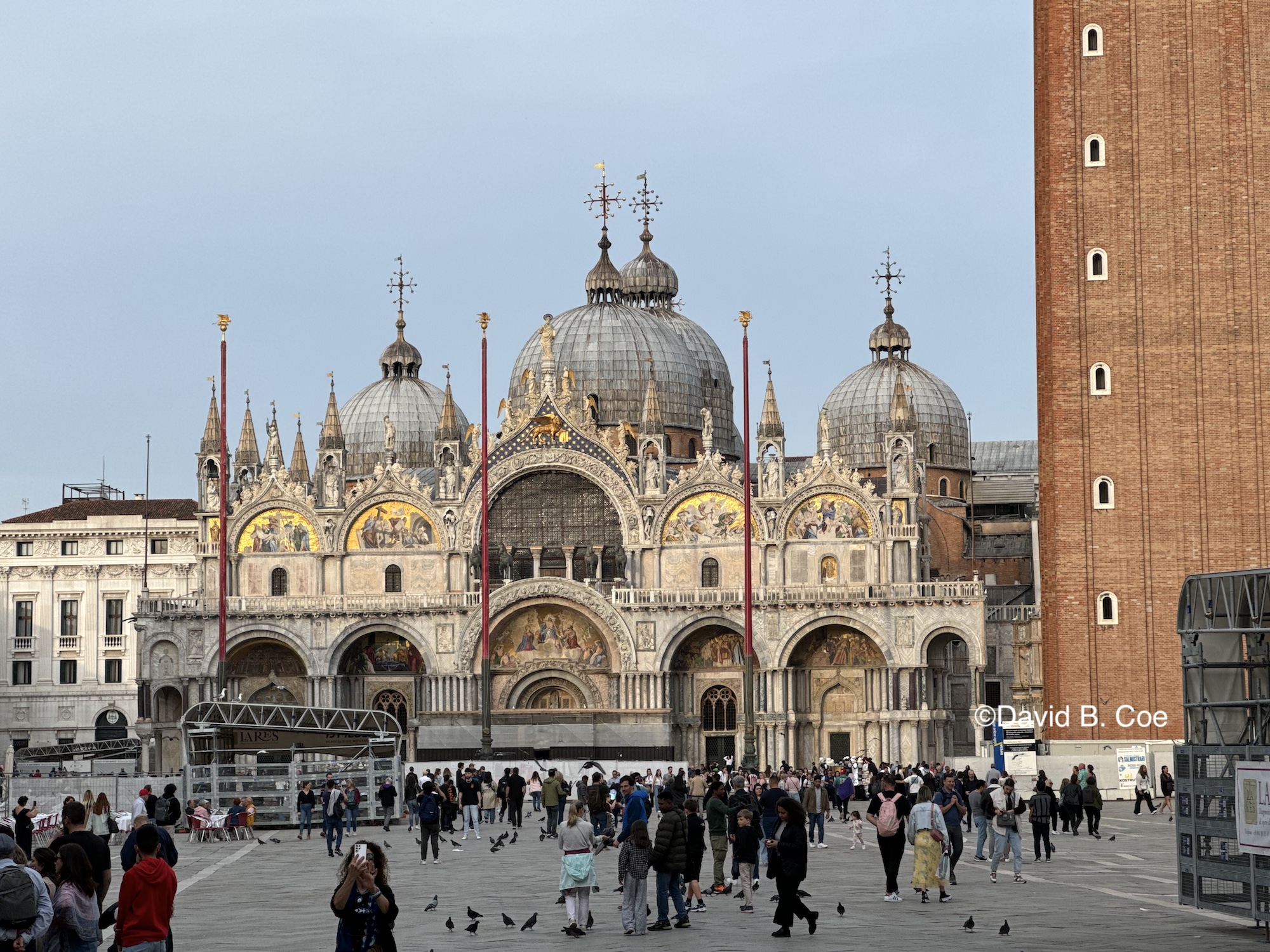







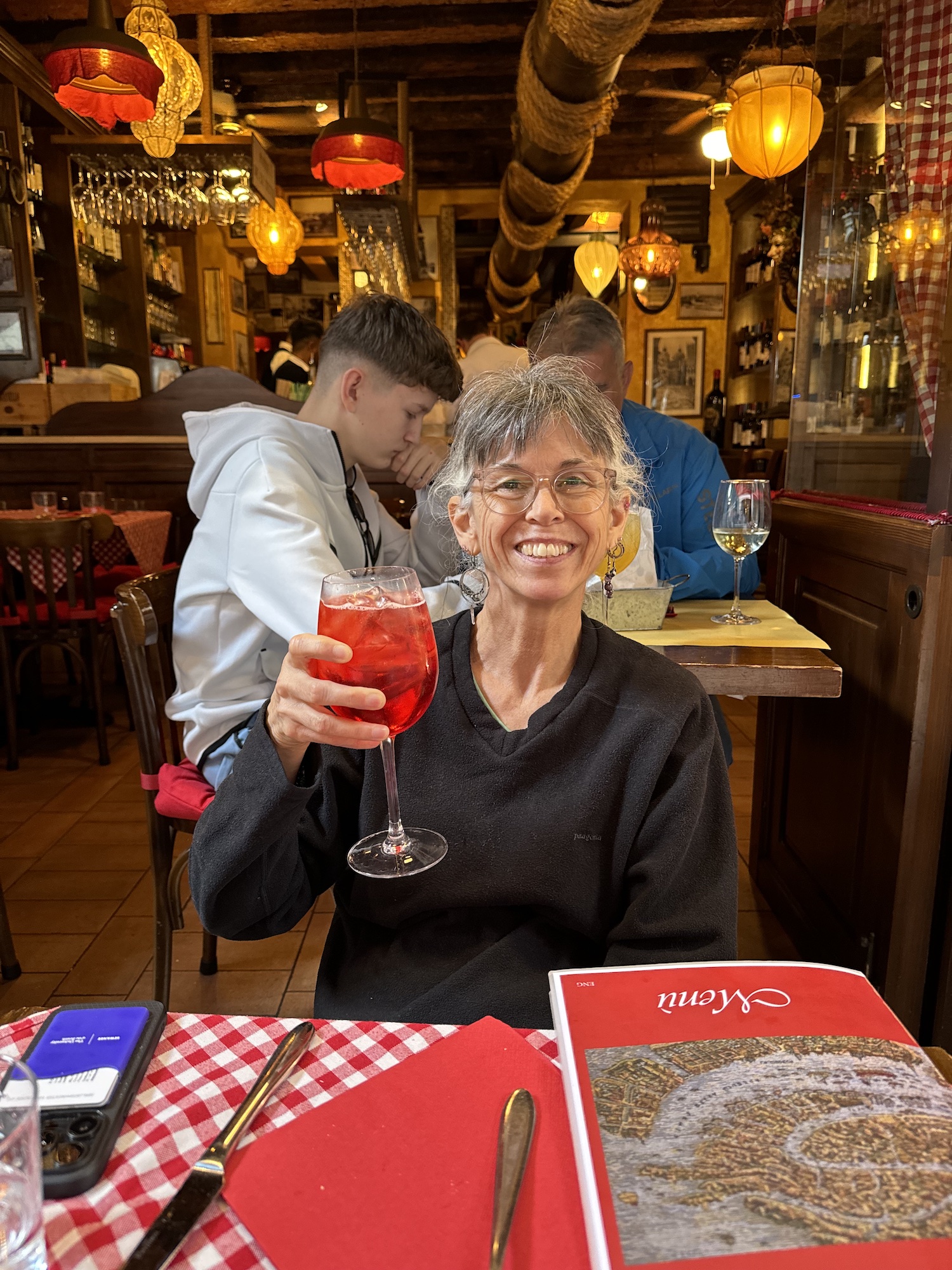
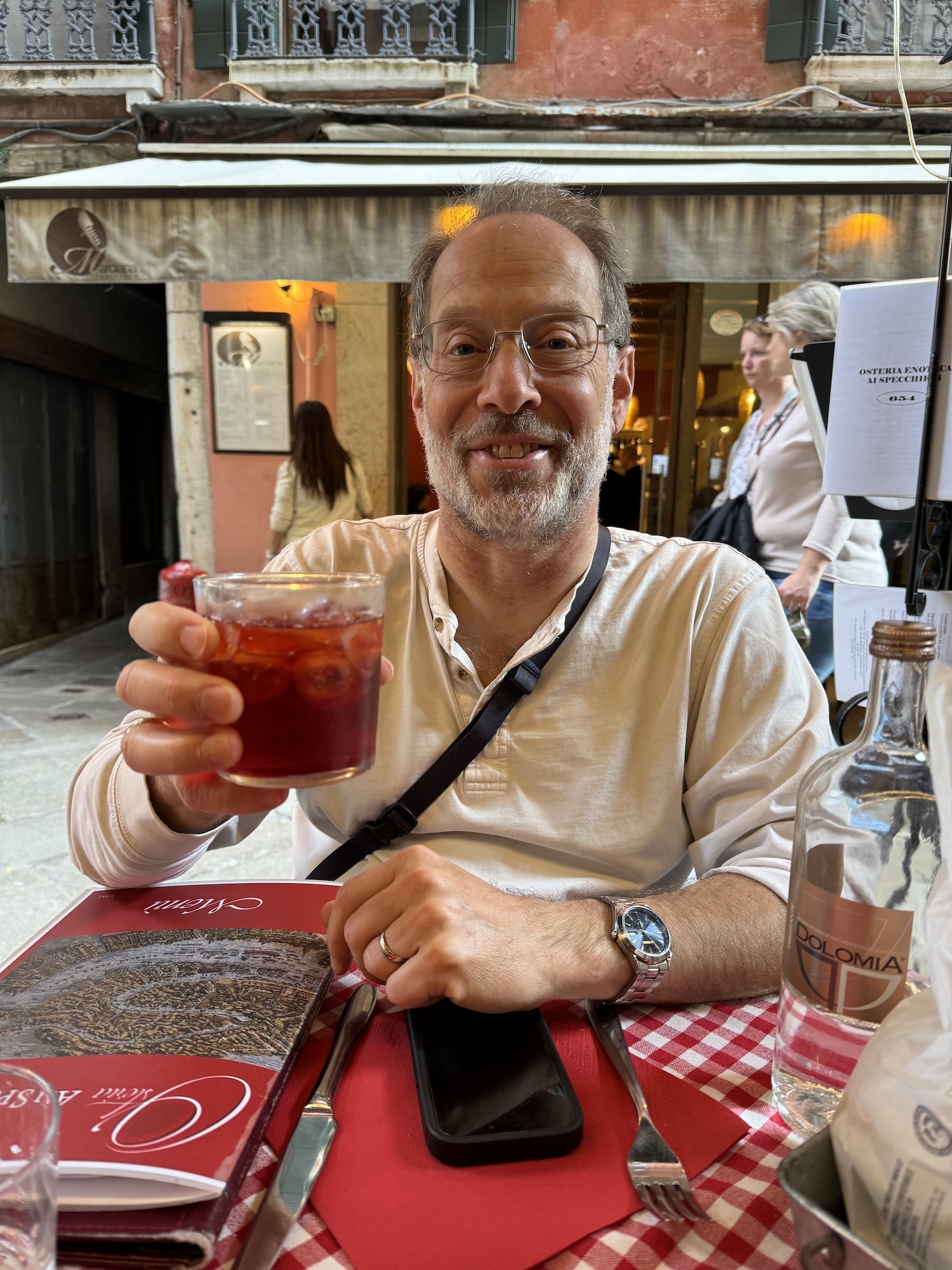
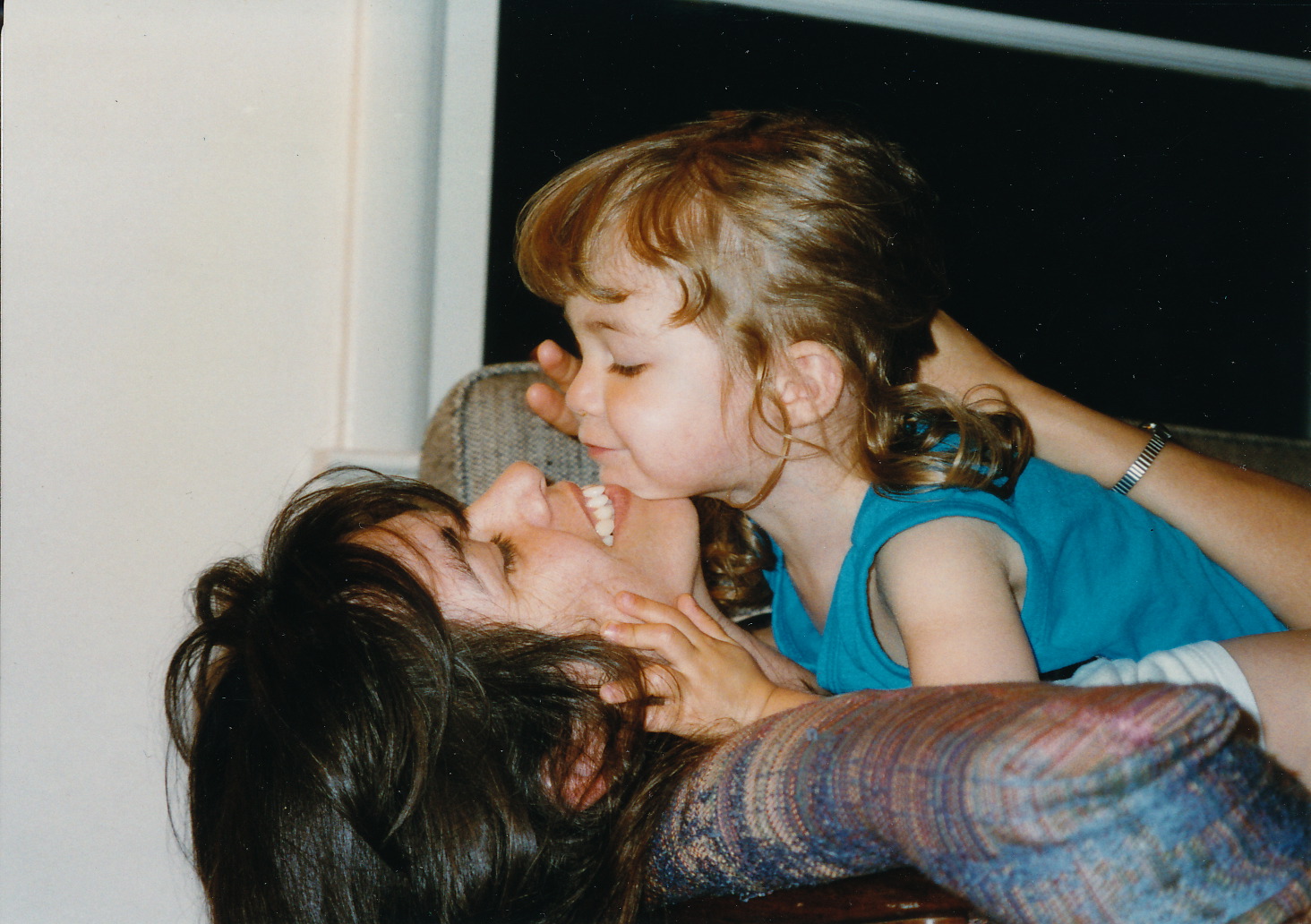 Yes, another post about our daughter and our loss. A part of me shies from this, wonders if I have written about her too much. “Write something upbeat,” I tell myself. “Something funny, something — anything — that isn’t about grief.” But we are grieving. Still. It’s been six months since we lost Alex. A bit more, actually. It seems like so long. It seems like nothing. And that is what my therapist tells me — that really six months is nothing. We remain at the very outset of a long journey, one that will be part of our daily existence for the rest of our lives.
Yes, another post about our daughter and our loss. A part of me shies from this, wonders if I have written about her too much. “Write something upbeat,” I tell myself. “Something funny, something — anything — that isn’t about grief.” But we are grieving. Still. It’s been six months since we lost Alex. A bit more, actually. It seems like so long. It seems like nothing. And that is what my therapist tells me — that really six months is nothing. We remain at the very outset of a long journey, one that will be part of our daily existence for the rest of our lives.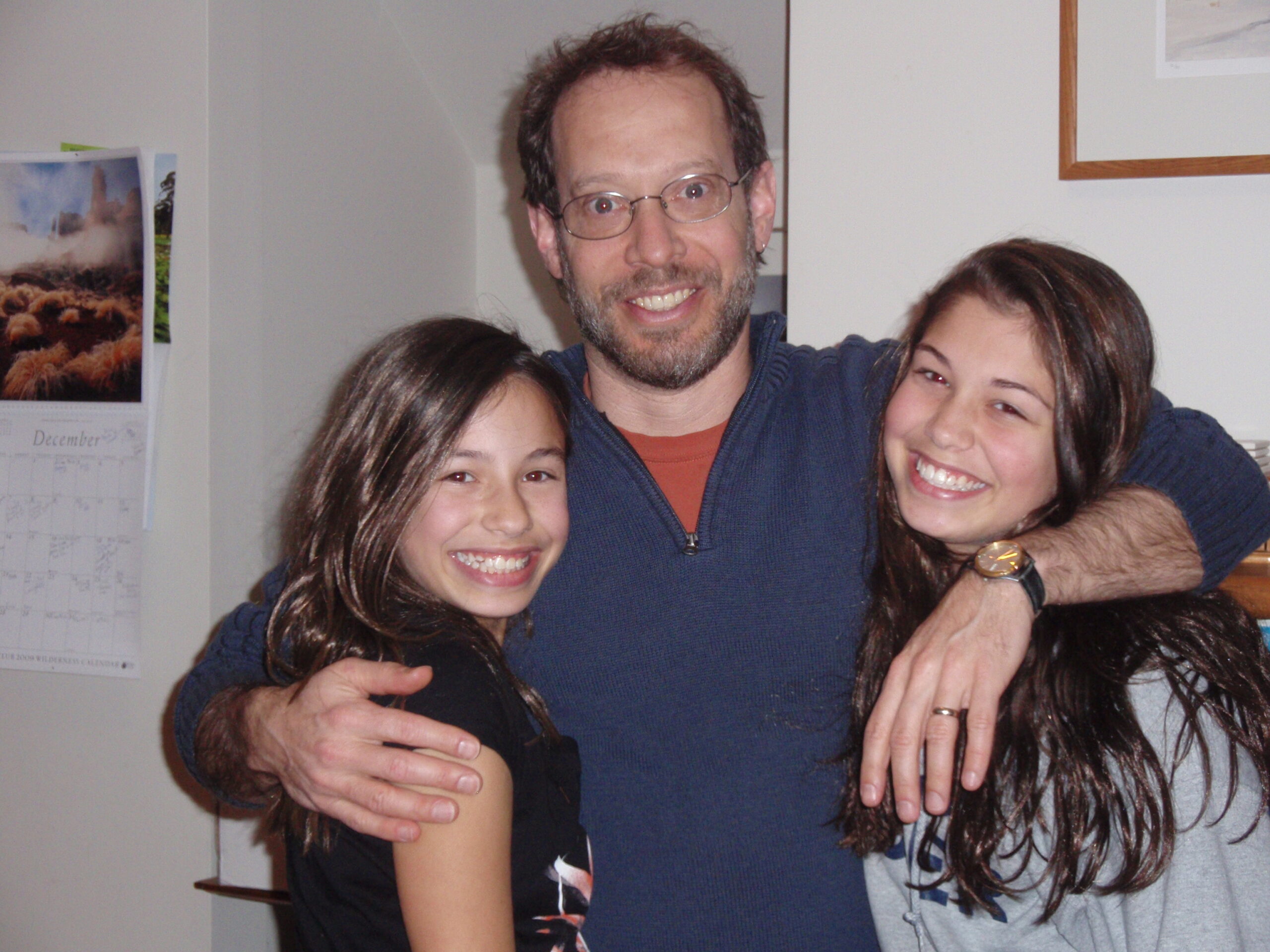
 Today, Alex would have — should have — turned 29 years old.
Today, Alex would have — should have — turned 29 years old.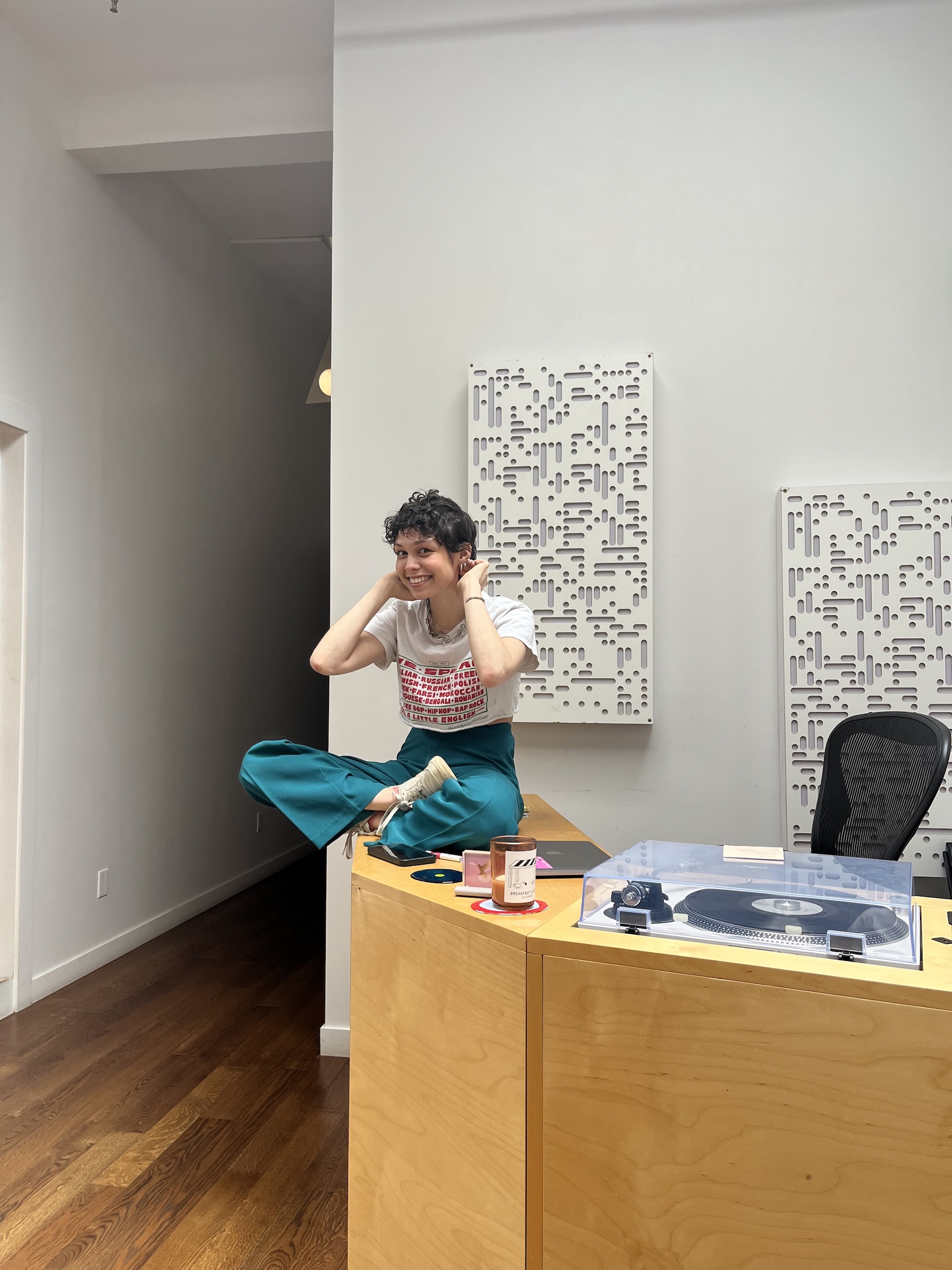
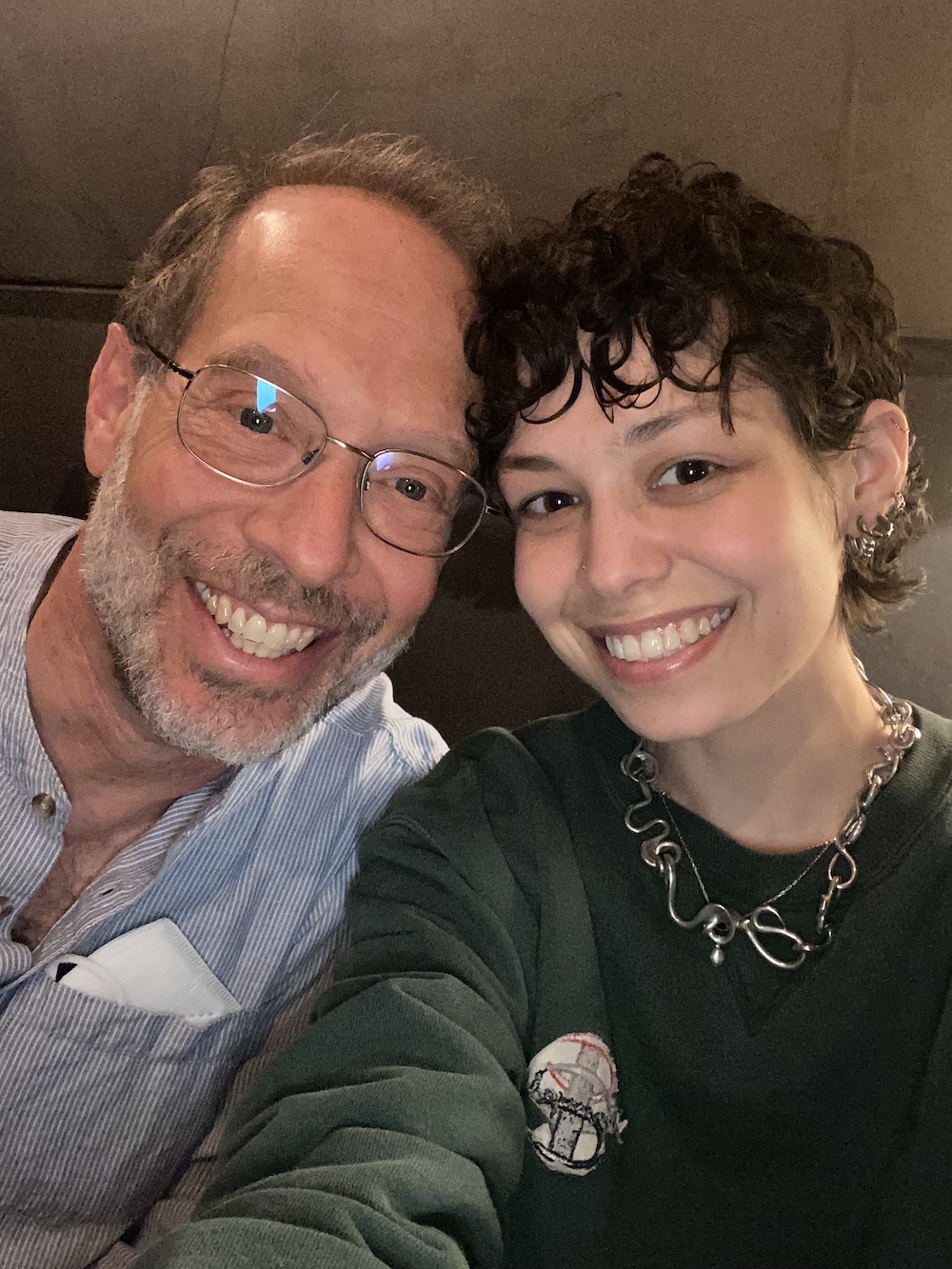 It has now been nearly five months since we lost Alex. I still get the same question — and to be clear, I don’t mind being asked. Not at all. It’s just that I still don’t know how to answer. My friends tell me that five months is nothing, that there is no reason I should have a handle on my emotions already. My therapist says the same. I suppose I should listen to all of them. But I grow impatient with myself. I make my living with words and with emotions. The core of my art is conveying the emotional state of my point of view characters. It’s practically the definition of what a fiction writer does.
It has now been nearly five months since we lost Alex. I still get the same question — and to be clear, I don’t mind being asked. Not at all. It’s just that I still don’t know how to answer. My friends tell me that five months is nothing, that there is no reason I should have a handle on my emotions already. My therapist says the same. I suppose I should listen to all of them. But I grow impatient with myself. I make my living with words and with emotions. The core of my art is conveying the emotional state of my point of view characters. It’s practically the definition of what a fiction writer does.
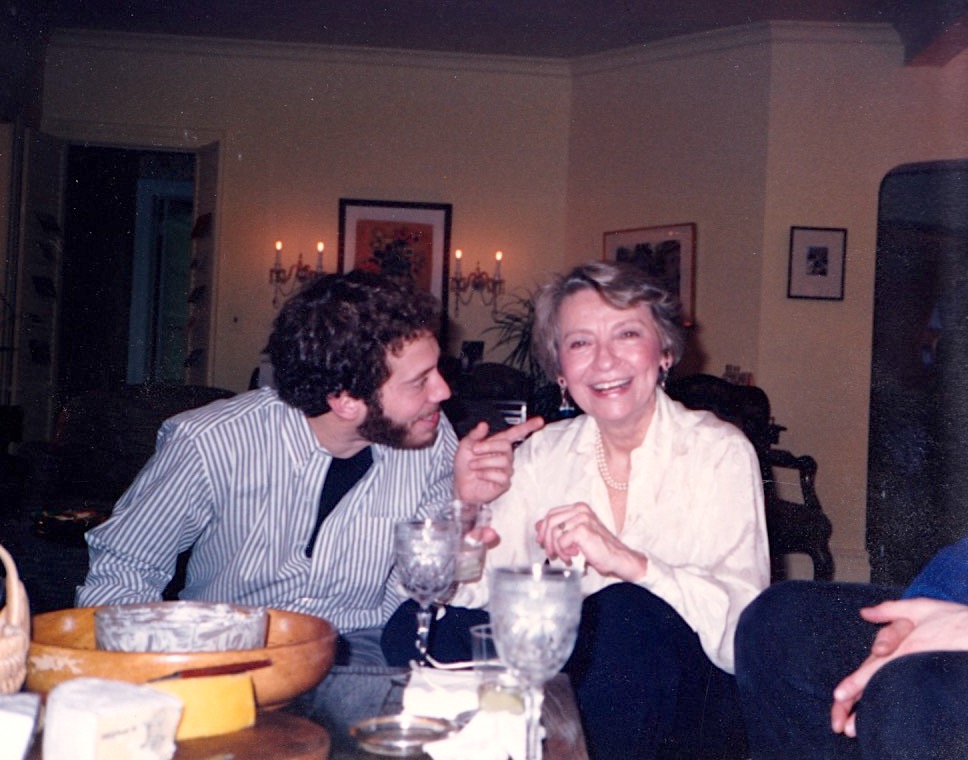 My mother would be 102 years old today, which speaks to a) how very old I am, and b) how uncommonly old she was when she and my father had me. I was born at the end of the Baby Boom, when most couples in their early-forties were done having children. Mom always worried that she would be too old to be a good mother to me, whatever that might have meant. She shouldn’t have worried. She was a wonderful mother — caring, involved, just intrusive enough to make me feel loved without being so intrusive that I felt smothered.
My mother would be 102 years old today, which speaks to a) how very old I am, and b) how uncommonly old she was when she and my father had me. I was born at the end of the Baby Boom, when most couples in their early-forties were done having children. Mom always worried that she would be too old to be a good mother to me, whatever that might have meant. She shouldn’t have worried. She was a wonderful mother — caring, involved, just intrusive enough to make me feel loved without being so intrusive that I felt smothered.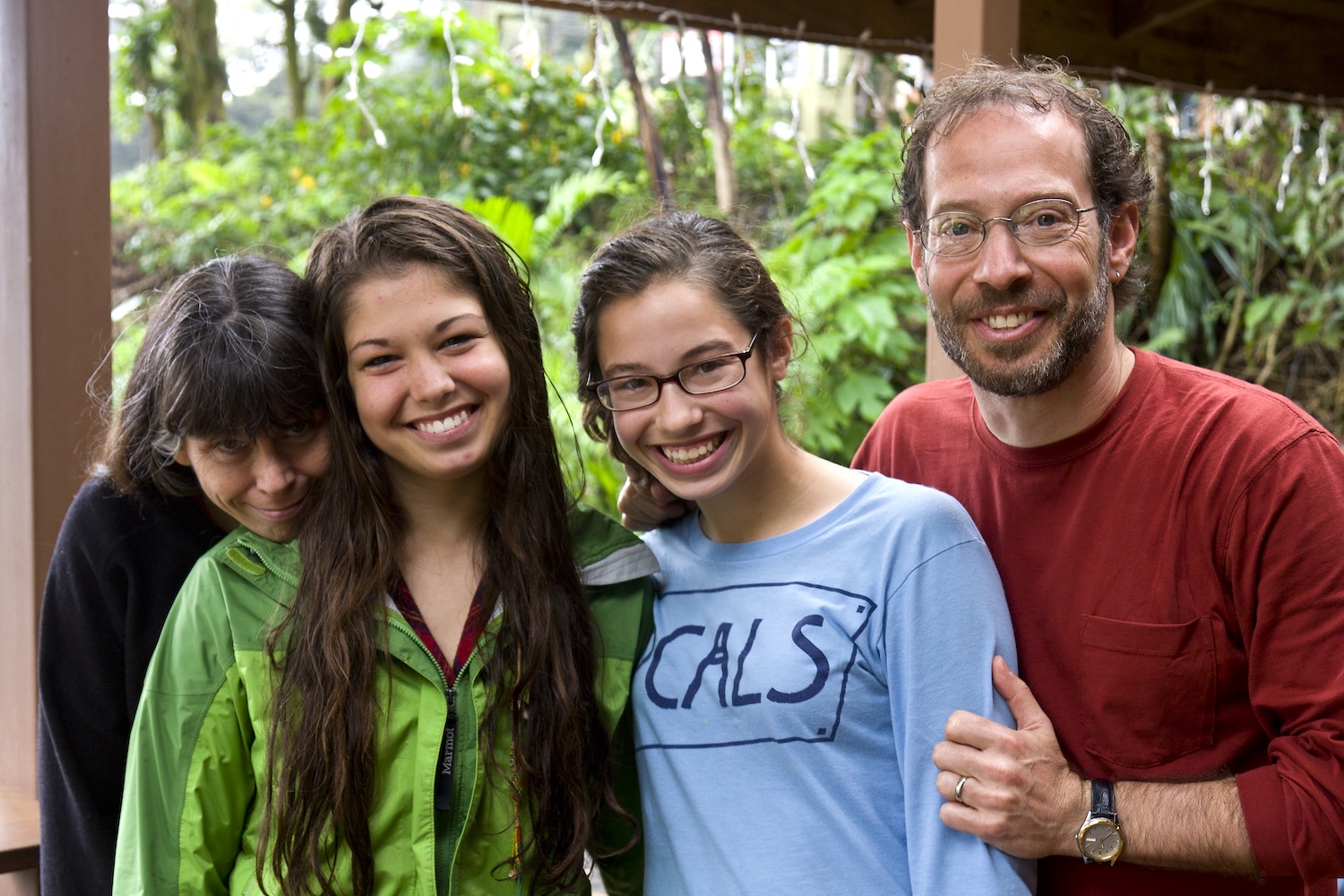
 Within moments, I was gliding over lush rain forest, surrounded by a ghostly mist, utterly alone, and, it seemed, in a cocoon of sensation — birds called from the green below me, the air was redolent with the sweet scents of rain and earth and forest decay, mist cooled my face, the green of the damp foliage was so brilliant as to appear unreal. Time fell away. Yes, I was moving. But to this day, I couldn’t tell you how long it took me to float through that segment of the course. It could have been mere seconds. It could have been hours. It didn’t matter. For the purposes of that experience, time meant nothing to me. I had escaped the tyranny of clocks and calendars.
Within moments, I was gliding over lush rain forest, surrounded by a ghostly mist, utterly alone, and, it seemed, in a cocoon of sensation — birds called from the green below me, the air was redolent with the sweet scents of rain and earth and forest decay, mist cooled my face, the green of the damp foliage was so brilliant as to appear unreal. Time fell away. Yes, I was moving. But to this day, I couldn’t tell you how long it took me to float through that segment of the course. It could have been mere seconds. It could have been hours. It didn’t matter. For the purposes of that experience, time meant nothing to me. I had escaped the tyranny of clocks and calendars.